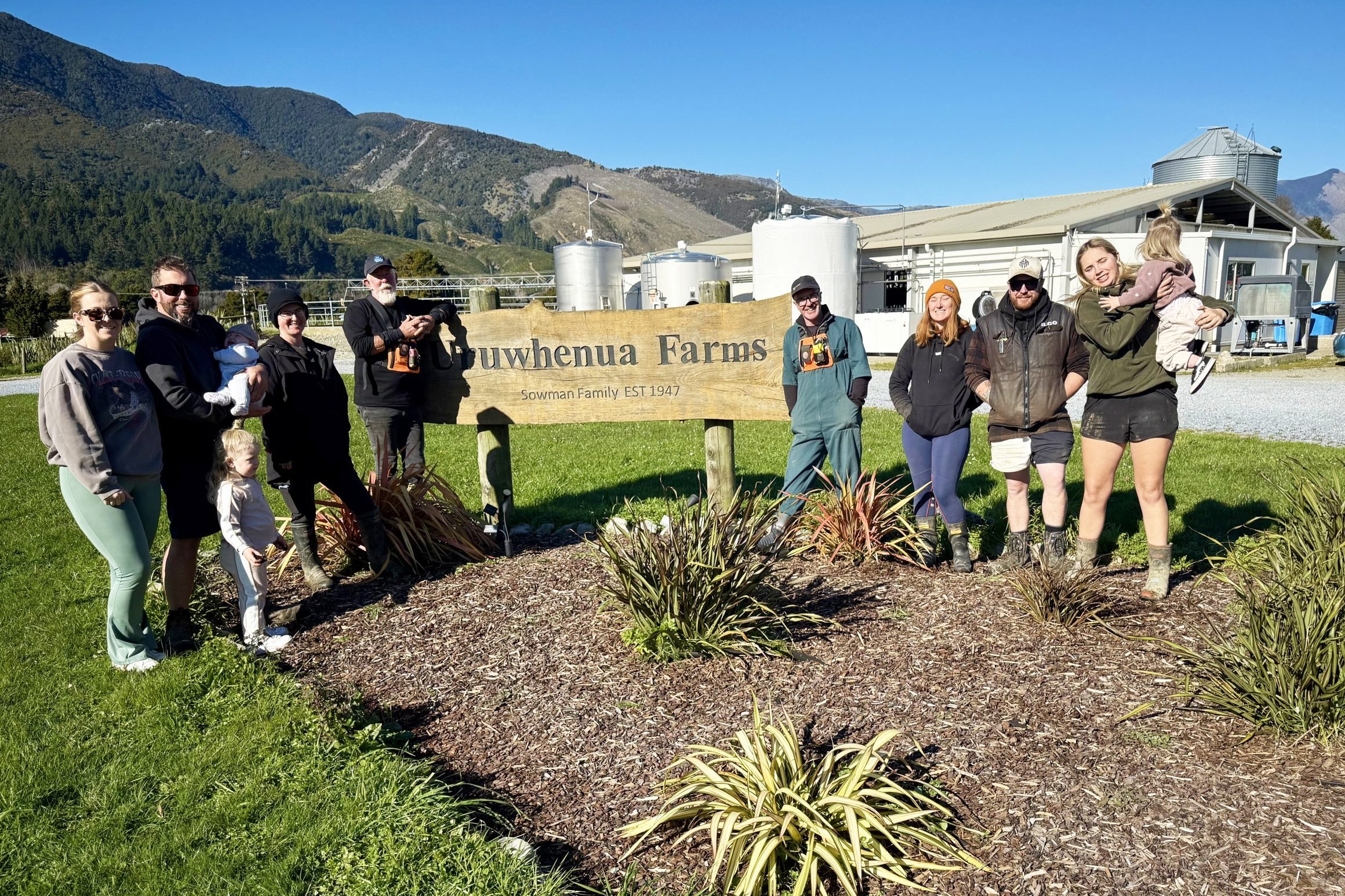Change is the tool of progress. Without it we do not get better. But lots of change happens without a clear outcome that is better. While not strictly true for the quest to lower methane outputs, the benefit is way beyond the farm gate, unless of course it is the pathway to better markets. Willing compliance will be to access that market rather than to help save the world.
The triggers for change come from many sources. When they come from within there should be no objection or obstacles to change.
An interesting case I recently encountered was where governance triggers forced the change on management. It was a large corporate-like farming structure with a large dairy component and a larger sheep and beef component. A decision at governance level was that there were to be no bobby calves.
The sheep and beef unit already grazed the replacement stock for the dairy herd, so the bobby calf change meant all calves from the dairy farm came on to the sheep and beef farm. This forced a significant change in the stock policy to accommodate this influx but also to maintain profitability.
Going from 25% of the stock units being cattle under one year of age – remember that the dairy herd replacements were already in the stock mix – to over 60% was the scale of the change. Obviously something had to give and it was the breeding cows. But the change to so many young stock upset the balance of grazing priorities.
Almost suddenly more higher quality pasture was required, more mobs and fewer big mouths. But in the face of drier summers being the norm, more trading stock giving more flexibility could be a plus.
Of course the discussion was had about reinstating the breeding herd based on dairy cross heifers from the dairy farm. Apart from there not being enough room, creating more young stock did not fit, although those hefty weaners from the dairy cross cows would all be sold at weaning.
Profitability probably will not be compromised if it is as simple as trading stock replacing breeding cows. But the cows were adding value to the sheep system, so can some of the trading stock replicate that function? There are plenty of examples of them doing just that.
As more and more bobby calves end up on sheep and beef farms it has to be seen as an opportunity. Growing young cattle to a different market of much younger and lower carcase weights has been demonstrated as a viable policy but not one I see being taken up. Maybe that market needs to be more developed. Our beef breeding herds being dairy cross is hardly taking off but neither has the flood of calves from the dairy herds yet.
Another change being considered by many is to be less exposed to dry summers. Regions that treated a very dry summer as an occasional unwelcome intrusion are now finding them a regular intrusion.
It always begs the question: how frequent do unusual weather patterns have to occur before they are treated as the norm? Southland is hardly at that point, but Waikato is.
How do you make a farming system less exposed to very dry summers? Wairarapa farmers seem the best at coping with them. What do they do? Not a lot of breeding cows. Early lambing. Lots of trading stock. But it is more than that.
Reacting quickly and knowing what to do is a real feature of those farmers. Supplementing ewes before mating is commonplace for example. Being set up to do that makes it an easy option when late summer feed is short. Add to that destocking early and prioritising key stock classes early.
It is ironic that the same region is struggling with too much feed going into this winter. Though it’s much more preferable than not having enough feed.
I recently participated in an online discussion about the process of change. Why at times in the face of an obvious need, is there so much resistance to change?
A piece I took out of that discussion was the power of having some ownership of the need to change. “My idea is not a good idea until it is your idea” – hardly a recipe for success when so much of the change before us is very much someone else’s idea.
Adding to the assertion at the start linking progress and change, it is still relatively common to find farmers who want to progress but are reluctant to change. An impasse hardly confined to farmers.





